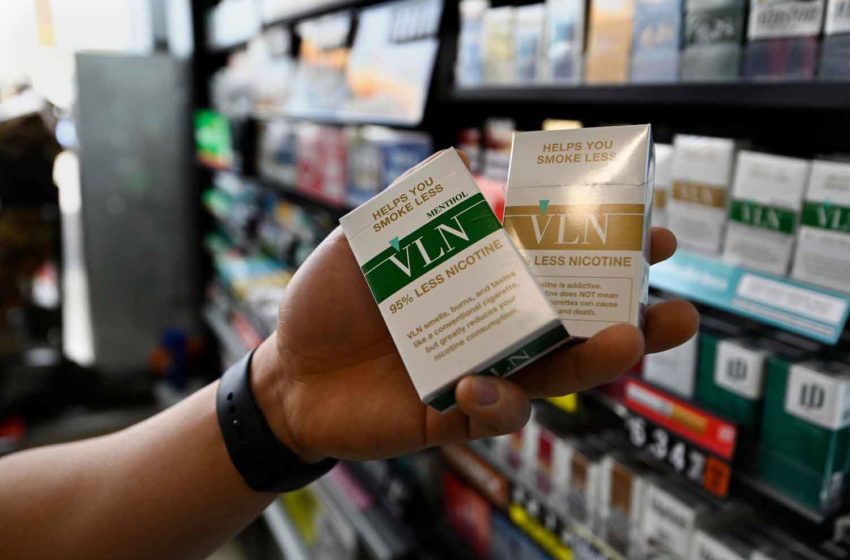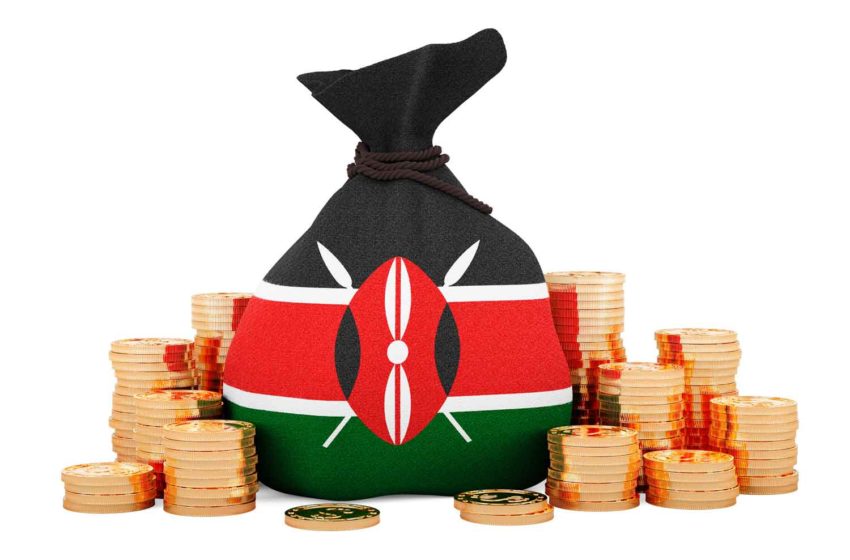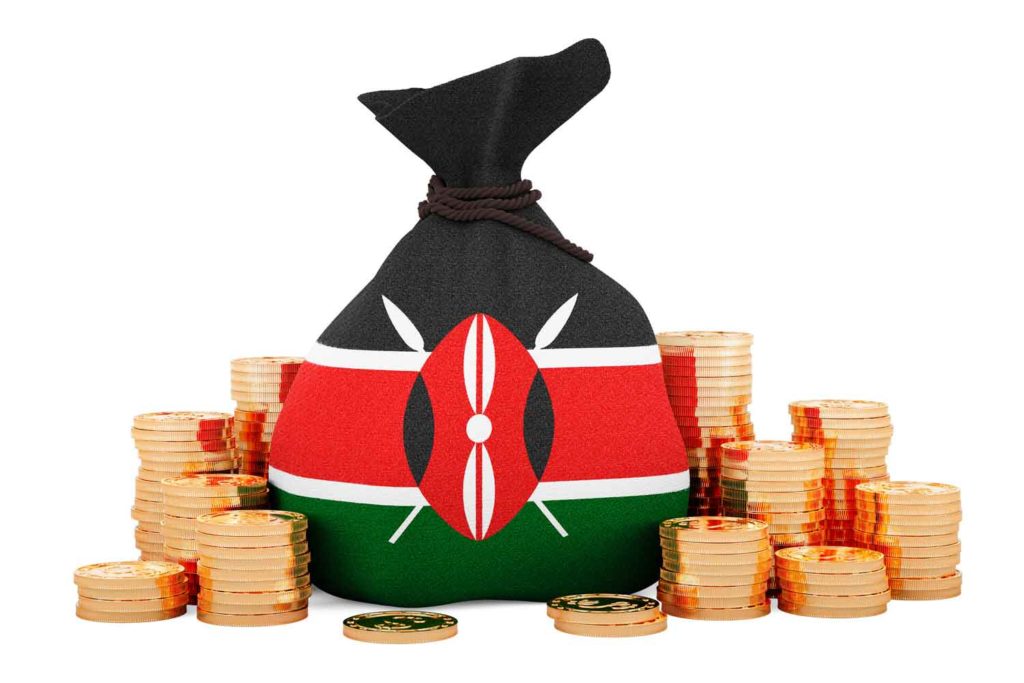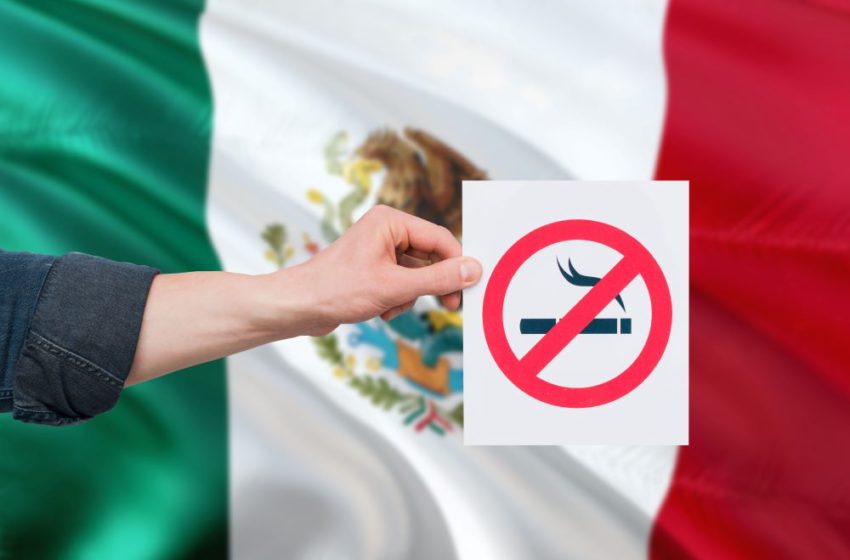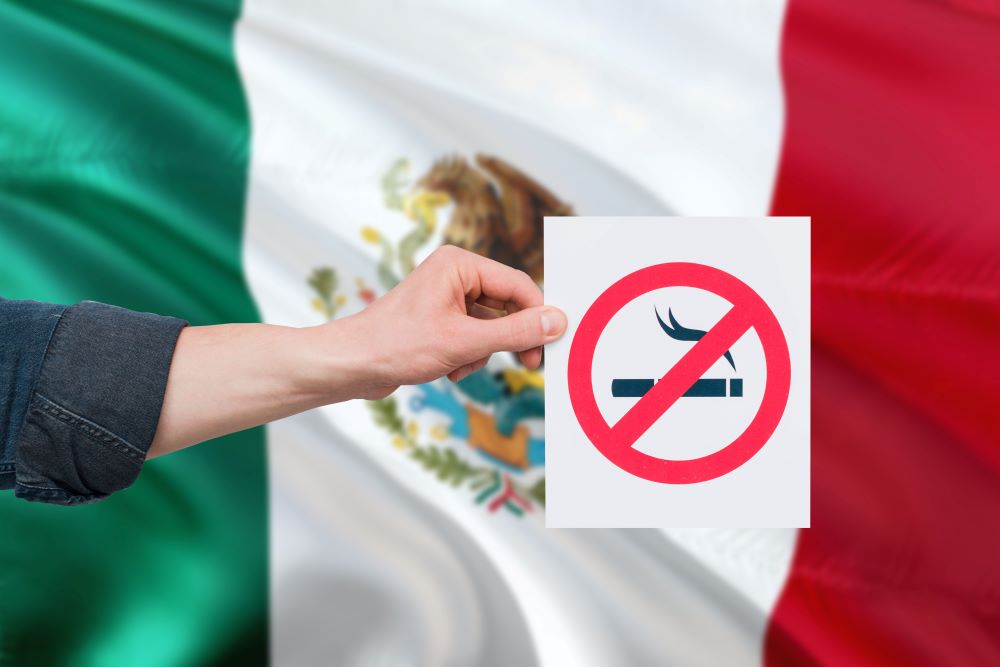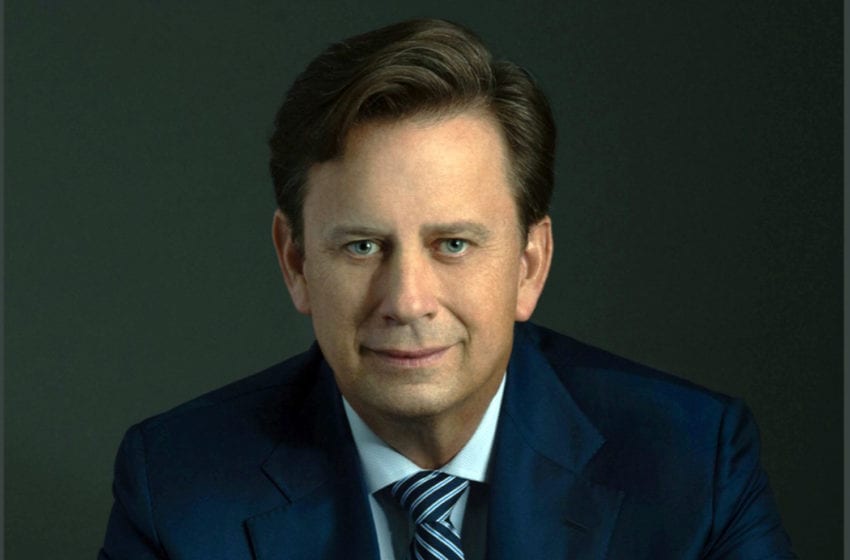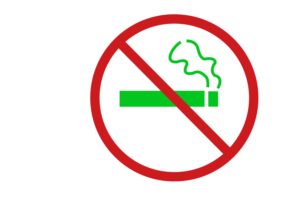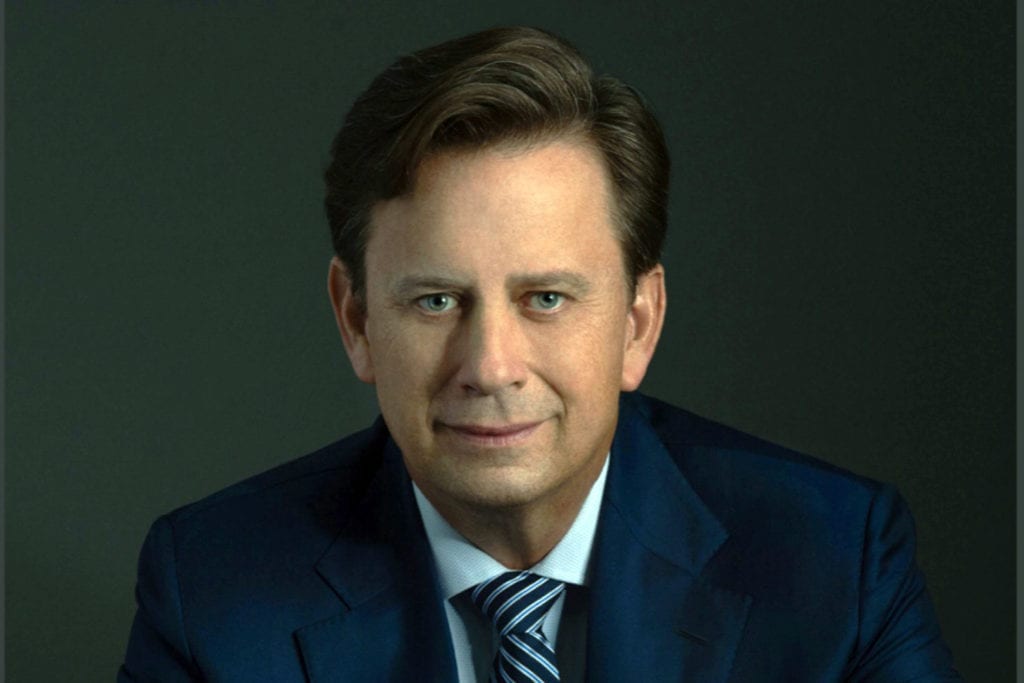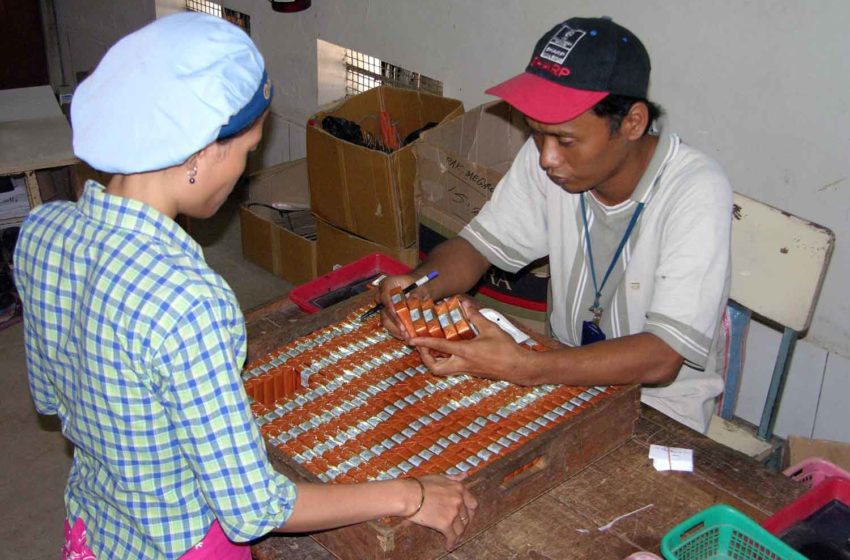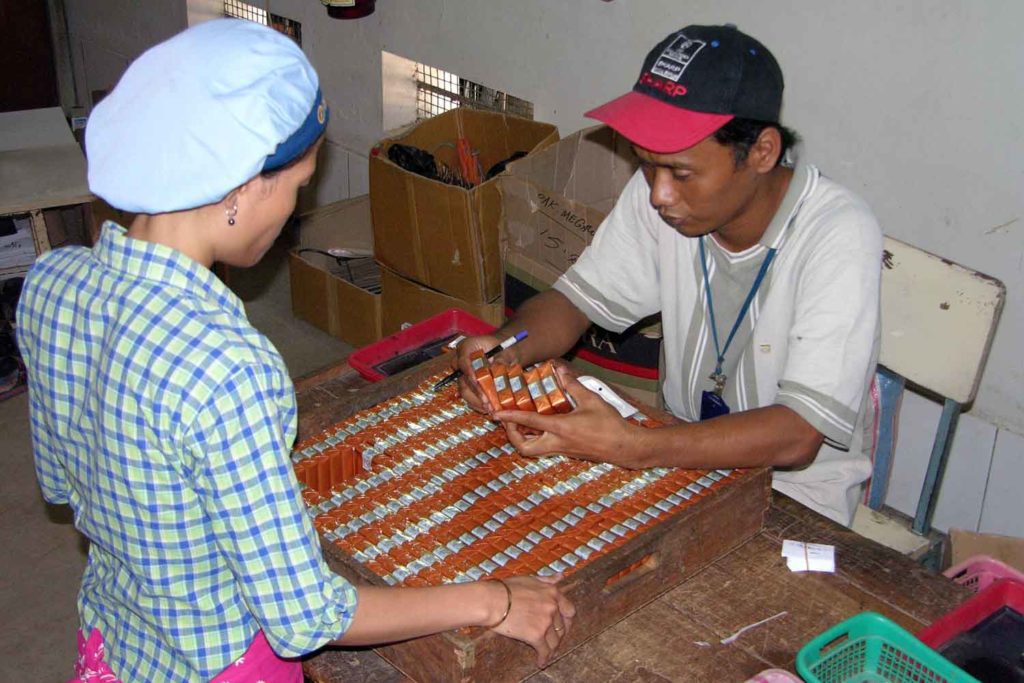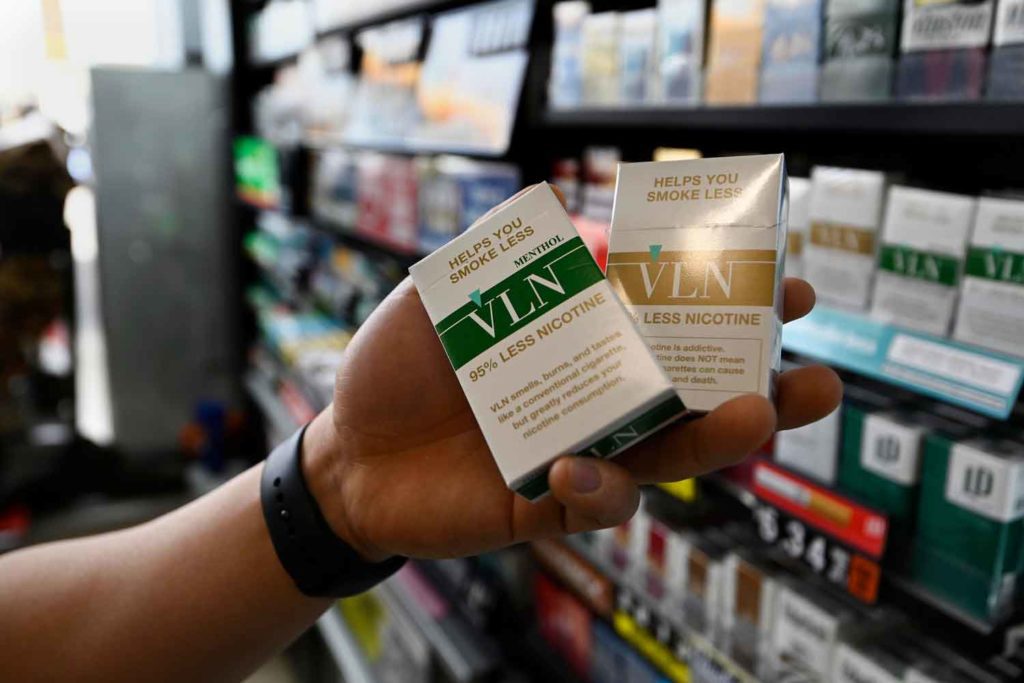
22nd Century Group has established new distribution partnerships with Core-Mark International and Eby-Brown Company, two of the largest convenience store (c-store) distributors in the United States.
“22nd Century’s new partnership agreements with two of the largest, most respected convenience store distributors in the United States make possible the launch of VLN cigarettes in virtually every key U.S. market we are targeting in our state-by-state, region-by-region rollout strategy,” said John Miller, president of tobacco products for 22nd Century Group, in a statement. “We are proactively working with highly recognized retail chains that want to add VLN to their cigarette sets, many of which are already customers of Core-Mark and/or Eby-Brown, thus streamlining the rollout process.”
The new partnerships provide nationwide distribution capabilities for VLN via 31 Core-Mark and Eby-Brown warehouses. Additionally, 22nd Century will attend 11 regional trade shows sponsored by the distributors in 2023, providing 22nd Century with the opportunity to introduce VLN to thousands of Core-Mark’s and Eby-Brown’s independent retail and chain store operators.
“Approximately 70 percent of the estimated 39 million adult U.S. smokers want to stop smoking, though only a tiny fraction are able to quit each year,” explained James A. Mish, CEO of 22nd Century Group. “22nd Century’s proprietary reduced-nicotine tobacco technology has enabled us to develop a truly revolutionary VLN product designed to help smokers smoke less. The c-store channel is the largest point of purchase for cigarette products, and we look forward to partnering with Core-Mark, Eby-Brown and other distributor partners to continue placing our reduced-nicotine content cigarettes in a growing number of stores.”

